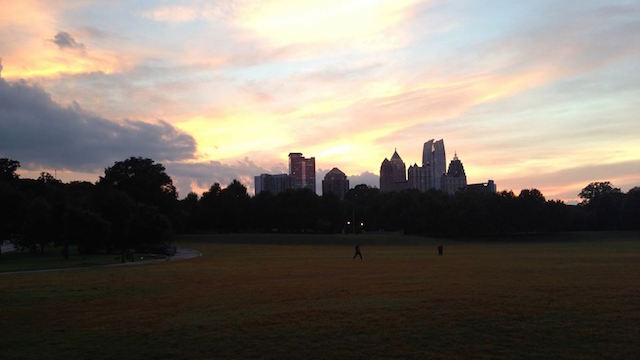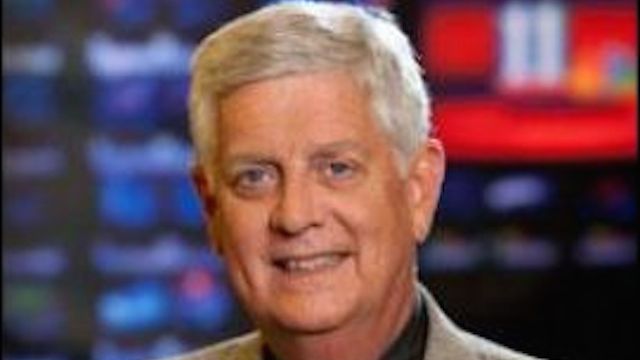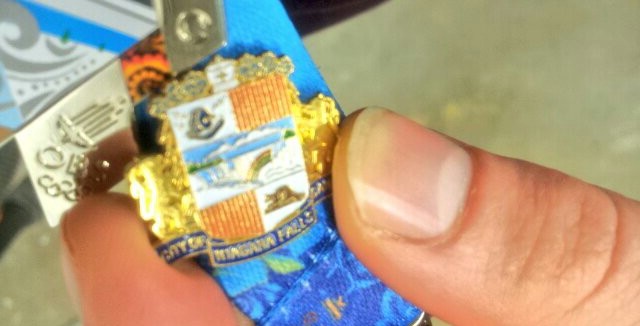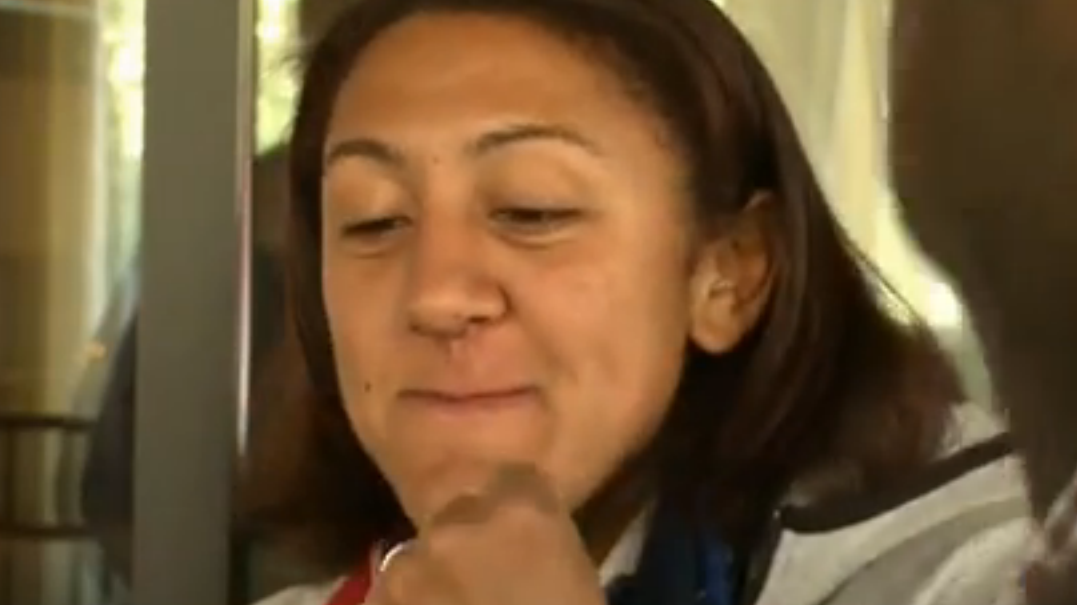Every week, I shine the spotlight on some of the best storytelling in the business and offer my comments. “3 Great Stories of the Week” will post every Monday at 8 AM.
I have always found American cities majestic.
Recently, I have often wondered how they got here.
For example, could we today build another New York City, specifically, the spectacle of bunched skyscrapers known as Manhattan? Probably not, right? Modern cities — meaning those growing in the age of the automobile — spread outward, not upward.
I am fascinated by this stuff. I am reading a great book right now called Regime Politics, by Clarence N. Stone. It discusses how Atlanta’s city government and business elite worked together to transform the city during the latter half of the 20th century. Since I live in Atlanta and, as a journalist, often examine its strengths and weaknesses, I have found myself fully engaged by this book.
Here are three great stories from last week in journalism, all of which — at least partially — answer the question: How do cities work?
How to fall in love with your city (4/22/14, Bitter Southerner): I’ll admit it: This story warmed my Atlanta heart.
A friend recently turned me on to the Bitter Southerner, a new web site that publishes one article a week about Southern culture. The articles share two traits:
1) They focus on a positive, uplifting part of the South, a region that often gets negatively stereotyped.
2) They look gorgeous.
I enjoyed the site’s story two weeks ago about Atlanta Braves great Hank Aaron, and I found myself captivated again this week. Writer Chuck Reece examines the #weloveatl Instagram movement, which has encouraged numerous Atlantans to submit more than 50,000 photographs that showcase what makes the city great.
The movement is powerful; so is Reece’s well-written and well-presented story. (more…)






